Detailed introduction of Addis Ababa University:
Introduction: Addis Ababa University (AAU), located in Addis Ababa, the capital of Ethiopia, is the country's oldest and largest institution of higher education and research.
Overview: The university has 14 campuses, 10 colleges, 3 institutions with both teaching and research functions, and 8 major specialized research institutions, with 55 departments, 70 undergraduate and 350 graduate courses.
History:
In 1950, its predecessor, Addis Ababa University College, was established. Initially, it only had the College of Arts and Sciences. In 1954, it obtained a charter to become a full-fledged college. In 1955, the School of Architecture was established.
In 1961, several colleges and seminaries merged into Haile Selassie University.
After the 1974 revolution, it was briefly renamed the University of Ethiopia, and changed to its current name in 1975.
The first master's program was launched in 1979, and the first doctoral program was launched in 1987.
Establishment date: March 20, 1950.
School strength
Faculty: There are 8,709 employees, including 3,110 academic staff.
Teaching resources: There are multiple libraries, such as the John F. Kennedy Library, with rich collections; there are scientific research and teaching facilities such as the National Herbarium and the Ethnographic Museum.
Institutional nature: Public university.
Educational philosophy: The school motto is "prove all things; hold fast that which is good", which means "check everything, and hold on to what is good and beautiful". It is committed to providing quality education, cultivating students to become knowledgeable, responsible talents who can contribute to social development, and focusing on interdisciplinary research and the cultivation of practical problem-solving capabilities.
Key laboratories and disciplines
Key disciplines: In the field of medicine, the university is strong in tropical disease research and clinical medicine. For example, the Tikur Ambesa Specialist Hospital is the largest referral hospital in Ethiopia. In the field of engineering, the university has outstanding achievements in civil engineering, mechanical engineering and other disciplines. In terms of social sciences and humanities, the Ethiopian Institute has a high reputation in the field of African studies.
Key laboratories: There are many professional laboratories, such as medical research laboratories for disease diagnosis, drug development, etc.; engineering laboratories conduct experiments in materials science, energy research, etc.
Faculties: School of Medicine, School of Engineering and Technology, School of Law, School of Natural Sciences, School of Social Sciences and Humanities, School of Architecture and Urban Development, School of Veterinary Medicine, School of Agriculture, School of Arts, School of Computing Sciences, etc.
Rankings
QS World University Rankings: 851-900 in 2024 and 771-780 in 2025.
ARWU: 601-700 in 2023.
U.S. News Global Best University Ranking: 573rd in 2023.
Cost: The government provides certain subsidies for Ethiopian students, and tuition fees are relatively low. Tuition fees for international students vary depending on the major, and master's and doctoral tuition fees are generally around US$2,000-5,000 per year. The school has scholarship programs, such as government scholarships, corporate scholarships, and international organization scholarships.
Campus Environment
Architectural Style: It combines traditional Ethiopian architectural elements with modern architectural styles, with ancient European buildings, as well as modern teaching buildings and scientific research buildings.
Campus Facilities: Each campus has complete teaching facilities, student dormitories, canteens, sports stadiums, etc. The campus is well greened, with gardens, lawns and trees, and the environment is pleasant. For example, the Shidi Stekilo campus has an annual sports festival, as well as cultural facilities such as the Ethnographic Museum.
-
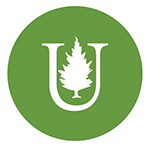
Unity University
-
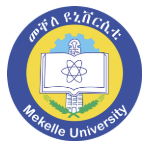
Mekelle University
-
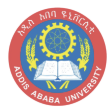
Addis Ababa University
-
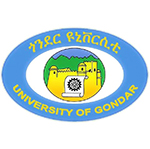
University of Gondar
-
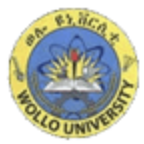
Wollo University
-
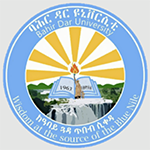
Bahir Dar University
-
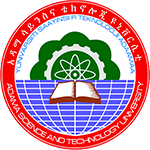
Adama Science and Technology University
-
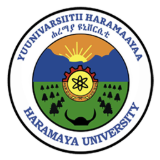
Haramaya University
-
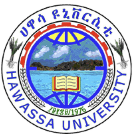
Hawassa University
-
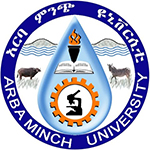
Arba Minch University
-

Mesoamerican University
-

Istmo University
-

Mariano Galvez University of Guatemala
-

Regional University of Guatemala
-

Galileo University
-

Francisco Marroquín University
-

Rafael Landívar University
-

University of the Valley of Guatemala
-

University of San Carlos of Guatemala
-

Technological Institute of Tlaxcala Plateau
-

Golfo University
-

Technological University of South Sonora
-

Technological University of Huejotzingo
-

Tizimín Institute of Technology
-

Chilpancingo Institute of Technology
